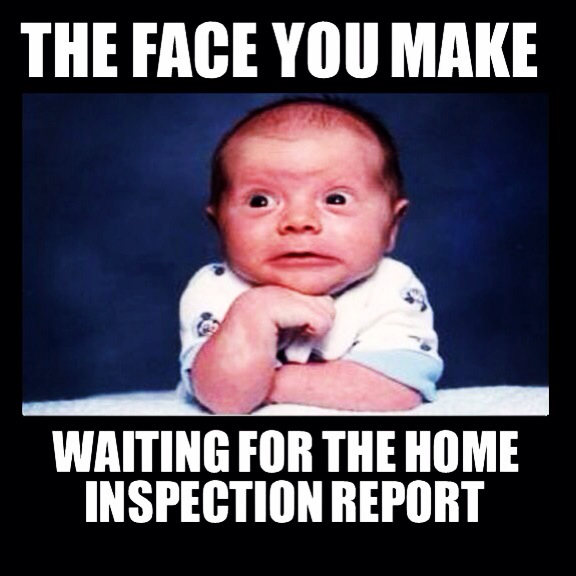Five Essential Things You Need To Know About the 2015 Summer Home Buying Market
This year has kicked off with an array of experts trumpeting the Denver housing market’s strength and resilience. Inventory is at record lows, home prices continue to rise, and foreclosure activity has ebbed to lows not seen since before the 2007 downturn. Spring and summer is the time for selling houses. The months of April, May, June, and July typically account for more than 40 percent of all housing transactions annually, thanks in large part to good weather.
1.Inventory shortages: “The story of the day is on the inventory front,” stresses Lawrence Yun, chief economist of the National Association of Realtors (NAR). It’s a sentiment echoed by many. The number of available homes in metro Denver has plunged to a record low, thanks to both an abnormally small supply of existing homes for sale and a dearth of new construction not keeping pace with the current demand.
2. Increased Competition: In addition to a dwindling supply of available homes, the number of buyers has surged. And not just traditional buyers – investors have comprised a sizeable chunk of the buyer pool since the downturn and continue to do so. Real estate investors are responsible for about 25 percent of the existing home sales each month. You, the prospective buyer, need to be prepared to move fast if you find a property you’d like to buy. “Buyers need to be patient because many will be outbid by others and might have to bid on multiple homes,” cautions Jed Kolko, chief economist of Trulia. Yes, indeed.
3.Cash is Still King: Given the steep competition, all-cash buyers who can close a deal relatively quickly offer great incentive to sellers. “Cash will still be king if there are multiple bids because from a seller’s view, they want a deal with fewer hiccups, “says Yun. My sellers are surprised to hear that about 30 percent of home sales each month are all-cash purchases.
4.The Good News: Lending Tree chief executive Doug Leboda says in light of the recently unveiled new home-lending standards, lenders are slowly starting to make it slightly easier to get approved. Talk to a couple of lenders, they’ll tell you things have improved over the past few years on the loan front.
5.More Good News: We are seeing a definite correction in the appraisal business. A few years ago appraisers were consistently under-valuing properties, reacting to the over-conservative nature of their shell-shocked underwriter patrons. Today we are seeing the vast majority of appraisals coming in at value, killing far fewer deals than in the past.
Buyers– If you’ve been considering buying a home it’s critical to understand the amazing tax benefits you’ll enjoy. Talk to your CPA to get professional advice, but here’s a brief look at some of the tax benefits of home ownership:
1.The Purchase. The IRS says that in most cases loan discount points and origination fees are tax deductible to the buyer, regardless of who pays them.
2.Mortgage Interest. In general, you can deduct interest charged on a loan used to acquire or improve your principal residence in the year that it is paid. In the early years of a loan, most of your monthly payment is interest, so this can really add up. If you are in a 28 percent federal tax bracket, this can have the effect of lowering your borrowing costs by almost a third.
3.The Sale. If you have owned and occupied your principal residence for at least two of the past five years, you can earn up to $500,000 on the sale of that house and pay no federal income tax whatsoever. That’s assuming you are married – singles get up to $250,000 tax free. You can do this as often as every two years for the rest of your life with no limit on the number of times you do it! The one restriction is that you MUST own and occupy the house as your principal residence.
Sellers– Month after month in this newsletter we have discussed the incredible strength in our housing market. If you’re looking to sell your home this should be very welcome news! The inventory of homes on the market is at an all-time low and prices continue to climb. Call me and I’ll be happy to run a complimentary Comparative Market Analysis on your home to let you know what it might be worth. It’s great information and costs you nothing.
Investors -For years our clients have been buying rental properties in metro Denver to build their long-term wealth. Our record low vacancy rate is a big driver of why rental property has performed so well. First, the lower the vacancy rate the higher the demand for the property. More demand means landlords can be more selective with prospective tenants and can also charge higher rents. Rents have skyrocketed the past few years because the vacancy rates have remained so low. One of the reasons vacancy rates are so low is that many people still cannot qualify for a loan. I don’t expect this to change in the foreseeable future. We’ve had a huge shakeout in the lending industry and lending guidelines are still much stricter than they were a few years ago. Until lending standards ease up more I expect vacancy rates to remain low and keep my investor clients happy. If you’ve ever thought of investing in a condo or house as a rental property call me and I can show you what the numbers look like and what options you might have. Graphic Mortgage The mortgage market continues to remain strong with historically low interest rates. Low rates combined with low home inventory are making this a great time to sell your home and move up to a larger home with the same or lower monthly payment. We have several recent examples of clients selling their current homes and purchasing new ones costing $40,000 – $50,000 more with the exact same monthly payment. Drop me a line and I’ll do a free analysis to see if this might be a good scenario for you to take advantage of!















